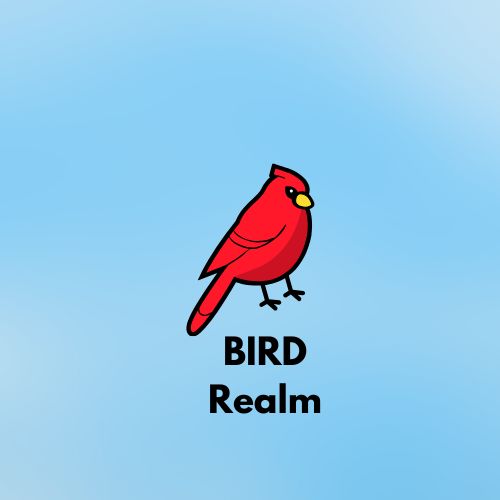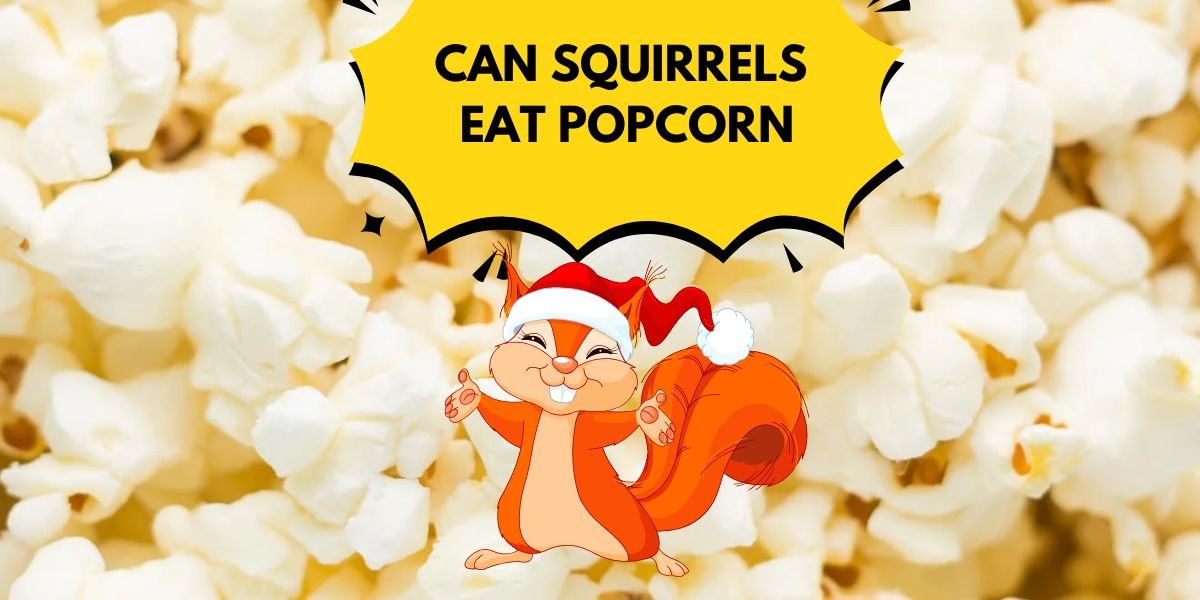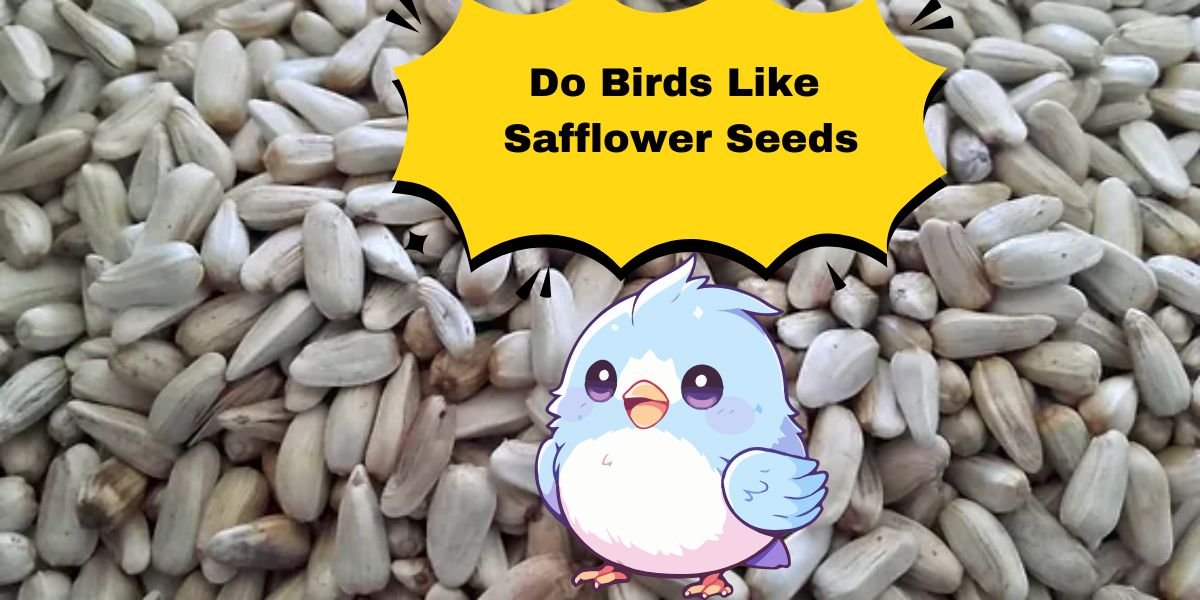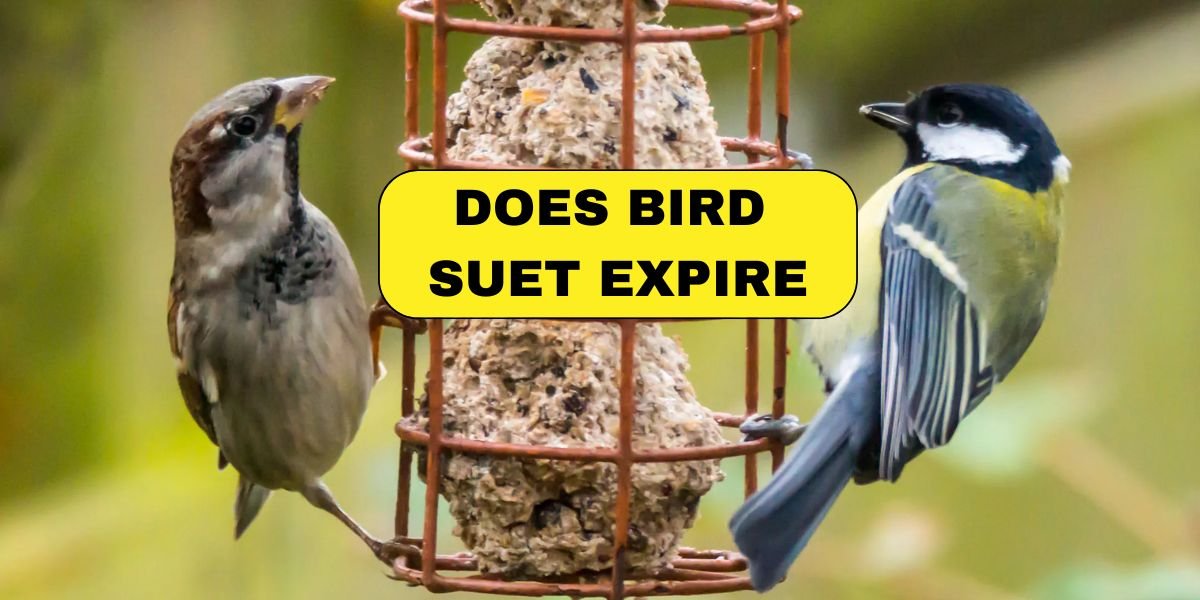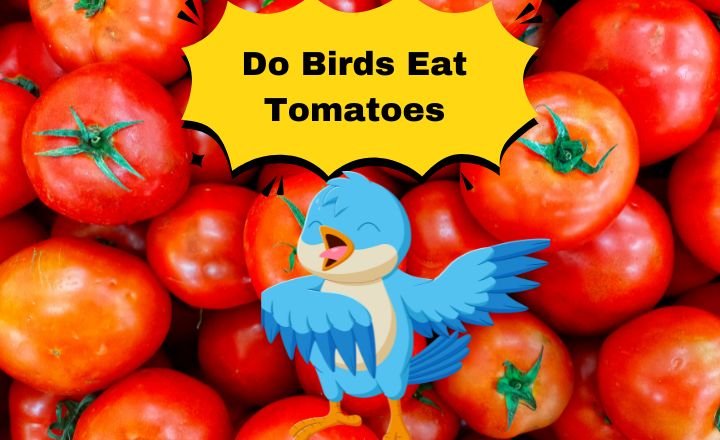Do Squirrels Eat Mealworms?
When I discuss the dietary habits of squirrels, most people picture them nibbling on acorns or scurrying after seeds. A lesser-known question lingers in the minds of wildlife enthusiasts and backyard bird watchers alike: Do squirrels eat mealworms? These wriggling creatures are often associated with bird feeding and fishing bait, but their potential role in the diets of these agile rodents deserves closer examination.
Squirrels are known for their adaptability and resourcefulness, traits that have allowed them to thrive in various environments. As opportunistic feeders, they will sample a wide range of foods—from fruits and walnuts to fungi and even insects. This raises intriguing possibilities about whether mealworms might be on their menu as well.
In this guide, we’ll dive into the fascinating world of squirrel diets and explore not only if they consume mealworms, but also what that means for both squirrel behavior and our understanding of these charismatic critters.
When nature lovers along with bird watchers place the mealworms out to attract birds, they frequently wonder if the squirrels will be drawn to the offerings as well. Although squirrels can eat mealworms due to their varied and advantageous eating habits, we have ways to keep them from eating all the (pricey!) mealworms you have planned for the birds.
Why are Squirrels Interested in Mealworms?
These little protein powerhouses attract squirrels not just for their nutritional value, but also due to their texture and movement, which can provoke a natural hunting instinct. Mealworms provide essential nutrients that support a squirrel’s active lifestyle, particularly during times when other food sources may be scarce.

In urban areas where traditional forage might be limited, these wriggling morsels become an appealing alternative. The high-fat content found in mealworms gives them an energy boost—a crucial advantage as squirrels prepare for seasonal changes or store fat for winter months.
Is It Okay for Squirrels to Eat Mealworms?
These small critters can also indulge in a protein boost by nibbling on insects like mealworms. Squirrels may consume larvae and other insects when their staples are scarce or during periods requiring extra energy for breeding or harsh winters.
- Occasional Consumption
- Nutritional Balance
Occasional Consumption
Feeding squirrels mealworms can provide insight into their foraging behaviors. In environments where natural food sources deplete due to seasonal changes or urbanization, offering occasional mealworms can supplement their diet.
This practice not only supports local wildlife but also encourages a diverse range of animal visitors in your yard or garden while allowing us to observe unique feeding dynamics in action.
Nutritional Balance
Nutritional balance is crucial not only for humans but also for our furry friends in nature. When considering the diets of wild animals like squirrels, it’s fascinating to explore what contributes to their overall health and well-being. While many assume squirrels primarily munch on nuts and seeds, these agile creatures have a more diverse menu that can include fruits, vegetables, and even insects.
Preventing Squirrels from Eating Mealworms Intended for Birds
There are several ways to prevent squirrels from eating mealworms intended for birds.
- Use Squirrel-Proof Feeders
- Separate Feeding Stations
- Baffle the Squirrels
- Offer Alternative Feeders for Squirrels

Use Squirrel-Proof Feeders
Squirrel-proof feeders offer a clever solution for those looking to attract birds while keeping furry visitors at bay. These cleverly designed devices use mechanisms that close openings when weight is detected, allowing only smaller birds access to the seeds or mealworms you provide.
It’s fascinating to note how these feeders can reshape local wildlife interactions; by limiting squirrel access, you might be surprised at the variety of bird species drawn to your yard! Not only do they encourage more delicate songbirds, but these feeders also create an ecosystem where diverse avian life can thrive unhindered.
Separate Feeding Stations
Separate feeding stations help minimize disturbances among the animals. Squirrels are known for their acrobatic antics and playful nibbles on various foods; they can often deter skittish birds from visiting feeder setups where they overlap.
By providing a dedicated space for each type of critter – whether it’s blending in with your garden or using colorful designs – you not only create visual interest but also enhance the overall harmony in your backyard ecosystem.
Baffle the Squirrels
When I talk about baffling the squirrels and protecting your bird feeders, understanding their dietary preferences is crucial. Mealworms can serve as a protein-rich treat for squirrels when available, making this method of feeding strategically beneficial in preventing overcrowding at your feeders.
To deter these crafty critters while still catering to your feathered friends, consider incorporating squirrel-proof mechanisms that divert potential attention from mealworms. Using dedicated squirrel feeders filled with low-cost bait like corn or sunflower seeds can satisfy their hunger without impacting the birds.
Offer Alternative Feeders for Squirrels
To diversify your feeding options, consider creating a dedicated squirrel feeder that incorporates both seeds and dried mealworms. A simple wooden platform or an enclosed box can serve this purpose well while minimizing competition from birds.

Placing different types of food in various zones encourages exploration and keeps these lively critters mentally stimulated. Engaging with wildlife in this way offers a unique opportunity for observation; you might witness quirky behaviors as squirrels learn to navigate their new buffet-style setup.
Final Words
Do squirrels eat mealworms ? Squirrels are opportunistic feeders and can indeed eat mealworms as part of their varied diet. While these small insects provide a source of protein, it’s important to remember that squirrels thrive on a balanced diet that includes nuts, seeds, fruits, and vegetables.
Incorporating mealworms into their diet can be beneficial but should not replace their natural food sources. If you’re looking to attract squirrels to your yard or provide them with supplemental nutrition, consider offering mealworms in moderation alongside their preferred foods. Understanding the dietary needs of these agile creatures can enhance your appreciation for their role in the ecosystem.
